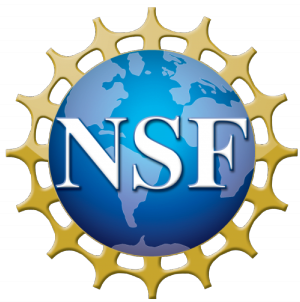July 1st, 2012 | EVALUATION
The Workshop to Explore Engaging Broader Publics in Conversations about Assessment of the Societal Implications of New and Emerging Directions in Science and Technology (ECAST Workshop) was created to explore network-building activities to more broadly involve the public in deliberations about the assessment of technology. The workshop aimed to develop models for leveraging the work done by ECAST (Expert & Citizen Assessment of Science and Technology), and specifically expand the reach of the World Wide Views (WWViews) on Biodiversity deliberations. The project team wanted to brainstorm ways to increase the reach of WWViews on Biodiversity so that publics who cannot participate in the formal deliberations may still be able to informally participate. Therefore, team members invited non-partisan science policy organizations, university scholars, and informal science educators to participate in a workshop about possible activities to broaden WWViews on Biodiversity conversations. This report summarizes the findings from the summative evaluation for this project, which focused on understanding the impact of the workshop on informal science education professionals. The goals of the workshop which were measured through the summative evaluation included the following: Awareness, knowledge, or understanding. Workshop participants will feel more informed about public engagement activities. Engagement or interest. Workshop participants will have a renewed interest in implementing public engagement activities. Behavior. Workshop participants will brainstorm ways to implement workshop activity ideas at their own institutions. A post-survey was created to measure the impacts that the project had on workshop participants. This survey consisted of close-ended and open-ended questions and was given to participants at the conclusion of the workshop. In total, 14 of the 29 workshop participants filled out the post-survey for a return rate of 48%. Survey data highlighted the following evaluation findings: Participants felt more informed about methods, topics, and others involved in public engagement due to their participation in the workshop. Participants had a renewed interest in implementing PES activities due to the workshop. Participants reported highest interest in implementing PES activities that align with their institutional missions and least interest in ideas requiring extensive resources. Participants reported that the workshop impacted their future work by increasing the likelihood they would implement the activities brainstormed during the workshop. The appendix of this report includes a copy of the workshop survey used in the study.
Document
2012_ECAST_Workshop_Summative_Evaluation.pdf
Team Members
Elizabeth Kollmann, Evaluator, Museum of ScienceStephanie Iacovelli, Evaluator, Museum of Science
Museum of Science, Contributor
Funders
Funding Source: NSF
Funding Program: AISL
Award Number: 1129436
Funding Amount: 49754
Related URLs
Tags
Audience: Educators | Teachers | Evaluators | Museum | ISE Professionals | Scientists
Discipline: Education and learning science | General STEM | Life science | Technology
Resource Type: Evaluation Reports | Research and Evaluation Instruments | Summative | Survey
Environment Type: Professional Development | Conferences | Networks | Professional Development and Workshops

